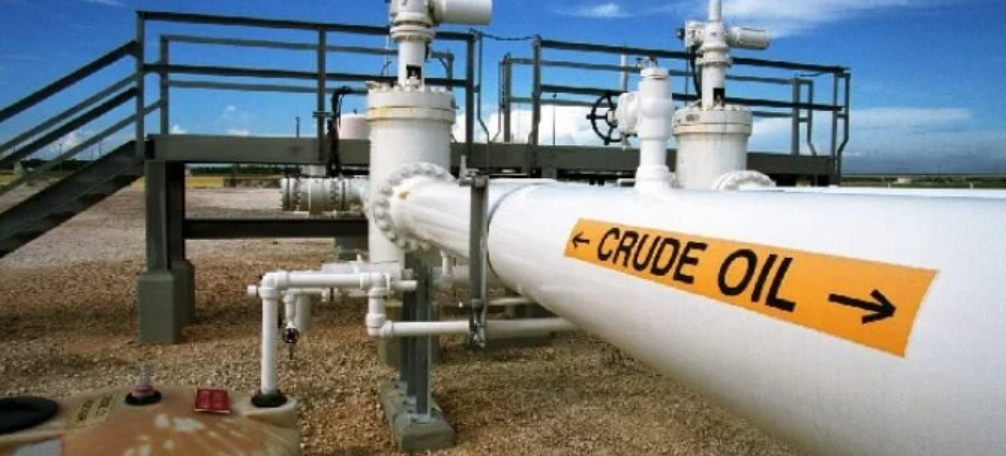This article states how Nigeria seeks to fix snag in domestic oil supply to refineries and the aim of domestic crude oil supply obligation.
Implementation of a policy mandating crude sales to domestic refineries, the head of the agency said on Tuesday. Nigeria relies on imports for most of its fuel needs due to inadequate refining capacity, but a new 650,000-barrel–a-day plant by Africa’s richest man Aliko Dangote will make it self-sufficient and able to export abroad. The Domestic Crude Oil Supply Obligation (DCSO), introduced under the petroleum industry law in 2021, aims to boost local refining capacity and reduce reliance on imported fuels.
Read: Chevron Says Strong Policy Initiative is Key to Sustain Oil and Gas Investment
However, Nigerian Upstream Petroleum Regulatory Commission’s (NUPRC) chief Gbenga Komolafe acknowledged difficulties with the policy which could threaten national oil production targets and hinder smooth implementation. Key concerns include producers’ existing contracts that do not reflect the DCSO, delays in payment guarantee from refineries and logistical hurdles such as last-minute vessel changes. “Our aim is to identify and address these challenges effectively, with the ultimate goal of ensuring a seamless and efficient allocation process by the oil producers and off-take by the domestic refiners,” Komolafe said on Tuesday.
Read: Petroleum Producers Seek Reversal of Nigeria’s Declining Oil Production
“Our priority is to uphold the integrity of the DCSO framework while fostering a conducive environment for the sustainable growth of Nigeria’s oil and gas industry,” he added, highlighting the meeting’s objective to address concerns raised by oil producers and refiners, especially Dangote Refinery, the country’s largest privately owned plant. While a committee with industry representatives is working on a framework for smoother DCSO implementation, Komolafe emphasized the need for direct talks with oil company chief executives “since the buck stops on your desk,” he said.

